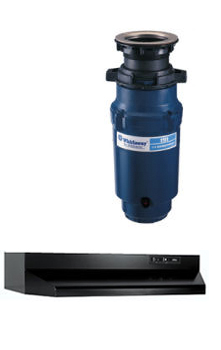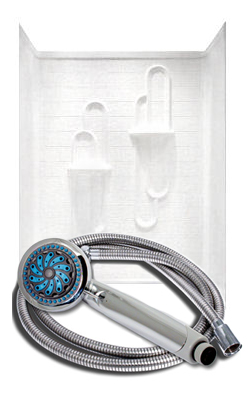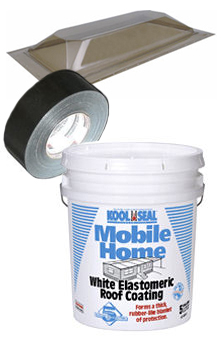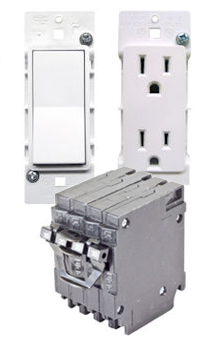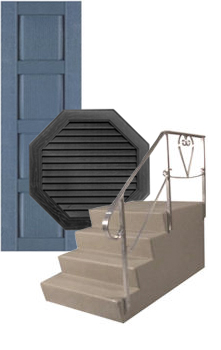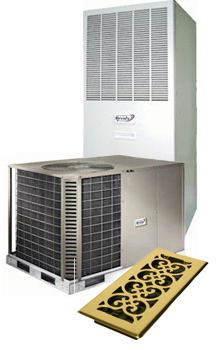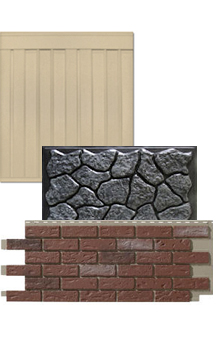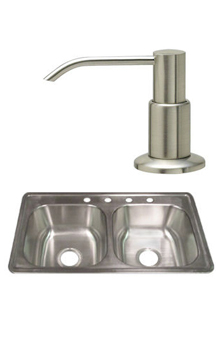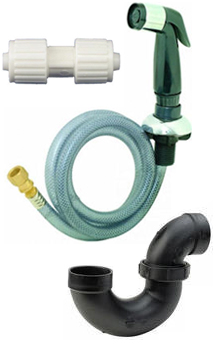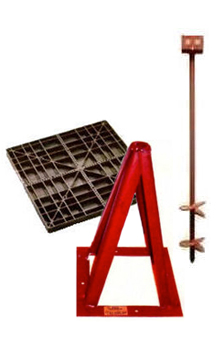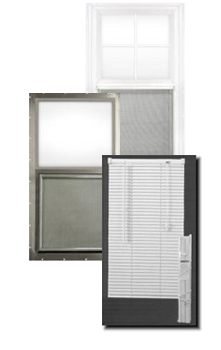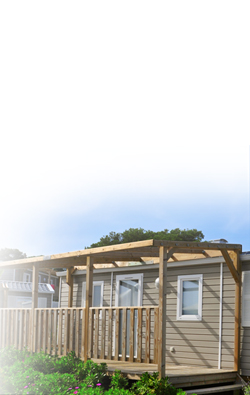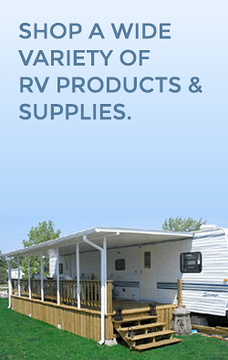 An RV’s gas mileage can be a tricky beast to reign in, especially with gas prices on the rise. Thankfully there are plenty of easy methods to improve your gas mileage. What’s better is these techniques are often for the betterment of your motor safety and improve your RV’s lifespan. You probably won’t be amazed by how much they affect mileage, but every bit helps keep you on the road longer.
An RV’s gas mileage can be a tricky beast to reign in, especially with gas prices on the rise. Thankfully there are plenty of easy methods to improve your gas mileage. What’s better is these techniques are often for the betterment of your motor safety and improve your RV’s lifespan. You probably won’t be amazed by how much they affect mileage, but every bit helps keep you on the road longer.
1. Regular maintenance
The first one, you guessed it, is routine maintenance! Your RV’s mechanics and electrical system affect how much gas you will use. The better running everything is, the smoother the whole system becomes. Routine oil changes are significant. However, everything connected to the drive train can affect your mileage.
Not only will regular vehicle maintenance keep your gas mileage from degrading over time, but it can also save you money on long-term repairs. Be sure to always keep records of your service appointments and repairs in a safe place for reference later.
2. Check Your Tire Pressure
Low tire pressure can lower gas mileage and increase the wear and tear of your tires. Therefore, you will want to get into the habit of checking your tires before you hit the road to ensure they’re at the recommended levels.
Also, keep an eye out for tread levels or damage to your tires. Again, these dangers aren’t so much about your gas mileage but yours and your RV’s overall safety.
3. Drive A Consistent Speed
As RVers, we understand it’s about the journey, not the destination, right. So it’s time we slowed down and enjoyed the sights with this helpful tip. RVs aren’t exactly known for having excellent gas mileage. Still, you can use less fuel by maintaining a consistent speed. For every 5 MPH over 60 you drive, your gas mileage decreases by up to 7 percent. Therefore, we recommend 55-60 MPH, as it tends to be the sweet spot for the best gas mileage. In addition, we recommend using cruise control to better maintain your speed and prevent your RV from accelerating and decelerating.
Cruise control is critical when trying to maintain a consistent speed. The faster your drive, the more energy your engine spends fighting. By keeping a modest pace, your gas mileage will be extended. However, it is essential to oblige the speed of the road you are on, don’t push any faster than you need to. Not only will this improve gas mileage, but it will keep you safe throughout your travels.
4. Do Not Accelerate or Brake Hard
This goes without saying, but avoid slamming on the breaks or putting the pedal to the metal when the light turns green. Instead, look ahead and anticipate traffic conditions to avoid unnecessary stopping and starting within the traffic flow. Then, slow down well before you need to instead of slamming on your break. The same can be said for accelerating, when the light changes green, forget the pedal to the metal mindset, and ease into it. By anticipating the traffic ahead and applying slow and steady accelerating or breaking, your fuel economy may increase by as much as 20 percent.
5. Avoid Traffic with Technology
Stop-and-go traffic can cause havoc on your gas mileage. Instead, try using a traffic app or a website throughout your travels to alert you of upcoming heavy traffic or road closures that may leave you sitting idle.
In addition, try to avoid city centers, especially during high commute hours. This is an easier way to increase gas mileage while making your drive more pleasant.
6. Monitor the Weather
Getting yourself in the middle of a headwind can really chew through your fuel. As a general rule, it is always a good idea to know what kind of weather you will be driving through. Avoid any type of storm both for safety and fuel efficiency.
Driving through ideal weather conditions is an excellent safety and fuel efficiency idea. So, if you can delay your departure or leave earlier to avoid some bad weather, you may be able to reap the many befits.
7. Keep the Load Light
A good rule of thumb is to keep your RV’s weight under its unique GVWR value. A GVWR or Gross Vehicle Weight Rating is the total maximum weight the RV can bear when fully loaded. This included all fluids, passengers, and supplies. Keeping at or under it reduces fuel consumption. Although it’s not as much of a difference as you may hope, it can still make a slight difference. Keeping your water tanks low can also help keep your load light.

8. Check Fuel Prices
This is a no-brainer, but check gas prices! This provides the pleasure of more money in your wallet, which is why you probably care about this fuel efficiency business in the first place. Fuel prices can vary significantly from area to area. By comparing gas prices ahead of time and being prepared, you could save a few extra bucks down the road. There are many ways you can check these prices. Apps and websites such as Gas Buddy can help you determine what gas station has the lowest cost in your area.
Wrapping Up
Gas prices will continue to rise, but don’t let that hinder your RV trip or lifestyle. These tips, while simple, can save you a lot of money down the road (and on the road). Let us know what other suggestions you may recommend to improve your gas mileage in the comments below!
If you are in need of any RV parts and supplies check out Mobile Home Parts Store’s large selection. We are positive we will have what you are looking for!
Tags: RV, RV gas mileage, RV life


